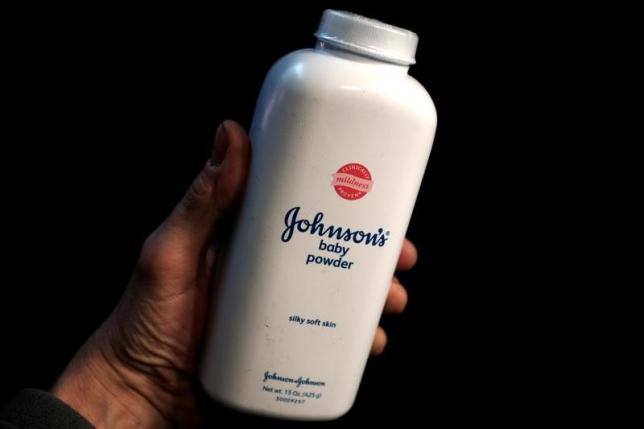A federal judge in New Jersey has dismissed a lawsuit brought by a subsidiary of pharmaceutical giant Johnson & Johnson against a prominent researcher and epidemiologist. The lawsuit was filed against Dr. Jacqueline Moline over an influential paper she published in 2019, linking talc-based consumer products to cancer. The district court’s ruling shines a spotlight on the link between talcum powder and the risk of cancer, an issue that has sparked intense debate and litigation in recent years.
Details of the Talcum Powder Cancer Study Lawsuit
The crux of the claim brought by Johnson & Johnson’s subsidiary lies in the research conducted by Dr. Jacqueline Moline, a respected epidemiologist who has dedicated her career to investigating the potential health risks associated with talcum powder. In a 2019 paper, Dr. Moline concluded that exposure to asbestos-contaminated talcum powder products can cause mesothelioma, a rare and aggressive form of cancer.
Johnson & Johnson, through its subsidiary LTL Management, took issue with these findings and filed a lawsuit alleging that Dr. Moline’s research was fraudulent and libelous. The company sought to silence the researcher and discredit her work, which had the potential to undermine the public’s trust in the safety of talcum powder products.
The District Court’s Ruling and Its Implications
Late last month, U.S. District Judge Georgette Castner dismissed the lawsuit against Dr. Moline, ruling that her research was neither fraudulent nor libelous. The judge affirmed the researcher’s right to free speech under the First Amendment, a victory that has significant implications for the ongoing debate surrounding talcum powder and its potential health risks.
This ruling sends a clear message that scientific inquiry and the free exchange of ideas must be protected, even in the face of aggressive legal challenges from powerful corporate interests. It underscores the importance of independent research and the crucial role it plays in informing public health policies and consumer safety measures.
The Ongoing Talcum Powder Cancer Controversy
The dismissal of Johnson & Johnson’s lawsuit is the latest development in the long-standing controversy surrounding the safety of talcum powder. For decades, researchers have been exploring the potential link between the use of talcum powder and the development of various forms of cancer, including ovarian cancer and mesothelioma.
While talc that contains asbestos is widely recognized as a possible carcinogen, the debate has recently centered on whether asbestos-free talcum powder also poses a health risk. The International Agency for Research on Cancer (IARC), a respected authority on cancer-causing substances, has classified talc that contains asbestos as “carcinogenic to humans,” while categorizing asbestos-free talc as “probably carcinogenic to humans.”
Talcum Powder Cancer Lawsuits and Settlement Efforts
This recent legal battle is just one piece of a broader issue that has unfolded over the past decade. Johnson & Johnson has faced over 61,000 lawsuits from individuals and groups alleging that the company’s talcum powder products have caused serious health issues, including ovarian cancer and mesothelioma.
In an effort to resolve these legal disputes, Johnson & Johnson has made several attempts to reach settlement agreements. In 2020, the company announced a $6.48 billion settlement proposal to end the majority of talcum powder-related lawsuits. However, this offer has been met with resistance from some plaintiffs’ lawyers, who argue that it would unfairly limit the ability of current and future claimants to seek justice through the court system.
The Future of the Talcum Powder Cancer Debate
As the talcum powder controversy continues to unfold, the debate over the safety of these products shows no signs of abating. While some studies have suggested a potential link between talcum powder use and an increased risk of certain cancers, others have failed to find a statistically significant association. Although the company remains steadfast in its assertion that Johnson’s Baby Powder is “safe, does not contain asbestos, and does not cause cancer,” Johnson & Johnson announced in 2022 that it would no longer sell Baby Powder made with talc.
Talcum Powder Lawsuit Information
J&J advances $6.48 billion settlement of talc cancer lawsuits, Reuters
World Health Organization Report: Talc in Johnson’s Baby Powder ‘Probably Carcinogenic’, Leading Justice
Consumer Health to Transition Global Baby Powder Portfolio to Cornstarch, Johnson & Johnson
Mesothelioma Associated With the Use of Cosmetic Talc, Journal of Occupational and Environmental Medicine




